Keywords: Dialogue
There are more than 24 results, only the first 24 are displayed here.
Become a subscriber for more search results.
-

AUSTRALIA
The 2025 election marked a pause in Australia’s political life. As old policy narratives falter, we have an opportunity to ask ourselves: what kind of society are we trying to build? Across faiths and traditions, the idea of the common good offers a path forward beyond division and drift.
READ MORE
-
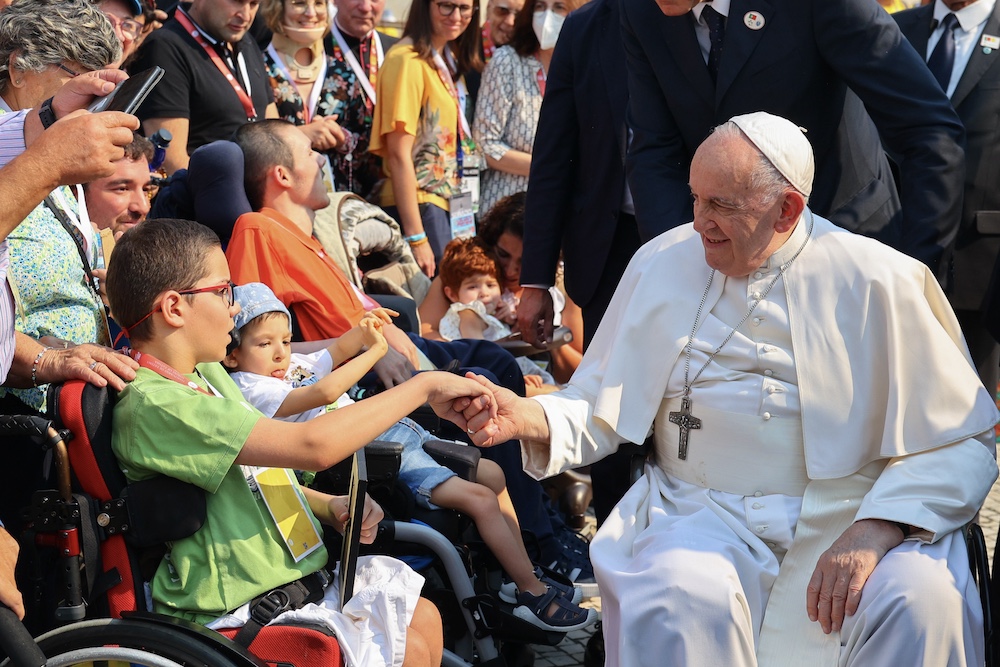
RELIGION
- Frank Brennan
- 23 April 2025
Francis was a pope prepared to blur the edges of doctrine, or at least its application, opening the doors of the Church to all those seeking love, mercy and forgiveness. He never doubted God’s capacity to love and forgive all who sought that love and forgiveness. He maintained the certainty, not of doctrine but of the simple piety of believers.
READ MORE
-

ARTS AND CULTURE
- Nikki Richardson
- 06 March 2025
In Netflix series Apple Cider Vinegar, Belle Gibson’s wellness scam has been repackaged for the streaming era, perfectly illustrating how news, entertainment, and advertising function as overlapping parts of the same machinery to keep us consuming content.
READ MORE
-
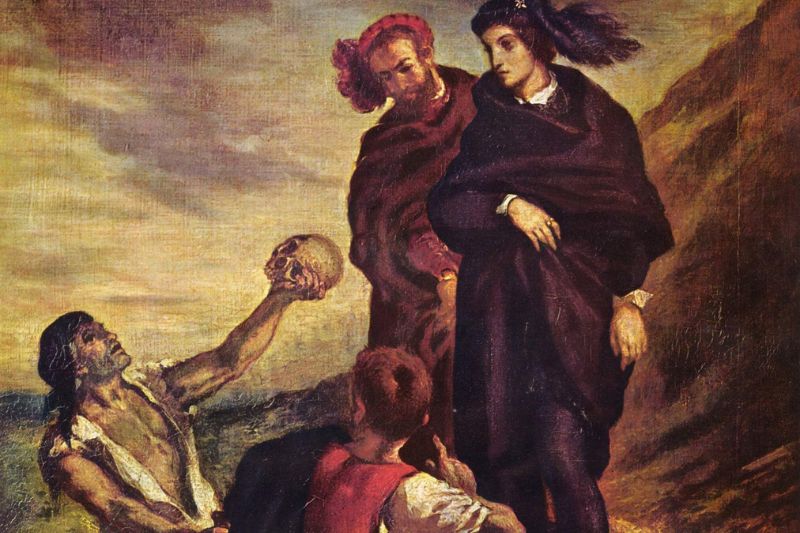
ARTS AND CULTURE
- Warwick McFadyen
- 06 March 2025
What does a forgotten cemetery job ad from 1860 reveal about the lives we honour, the work we overlook, and the honesty we still hope for? A chance discovery in the archives becomes a meditation on honesty, mortality, and the curious poetry of forgotten lives.
READ MORE
-

INTERNATIONAL
- Anonymous
- 20 February 2025
Myanmar’s military-led turmoil drives millions from their homes, bombs local communities, and keeps democracy icon Aung San Suu Kyi behind bars. Once a nation of proud heritage and abundant resources, it now teeters on social and economic collapse. Our deep dive examines an enduring crisis and the determination powering an urgent call for change.
READ MORE
-

RELIGION
- Emma Carolan
- 19 February 2025
Amidst a rise in antisemitism globally, some in the Jewish community have raised concerns about echoes of historic anti-Judaism resurfacing within the Church. While Catholic leaders condemn overt hate, has the Church fully confronted its entrenched biases, or do old prejudices still affect its response in ways that go unnoticed?
READ MORE
-
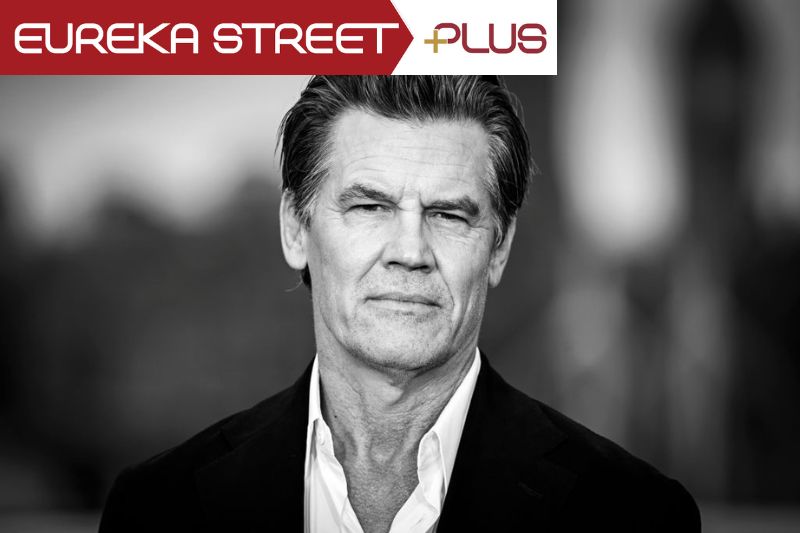
ARTS AND CULTURE
- Peter Craven
- 31 January 2025
Somewhat surprisingly, actor Josh Brolin is, in his way a born writer. In his new memoir, he succeeds in taking conversations of the most ordinary kind and bringing them to life, recounting oddly spellbinding encounters with figures like Cormac McCarthy, conjuring up the voices in narrative brimming with humour, vulnerability, and grace.
READ MORE 
-
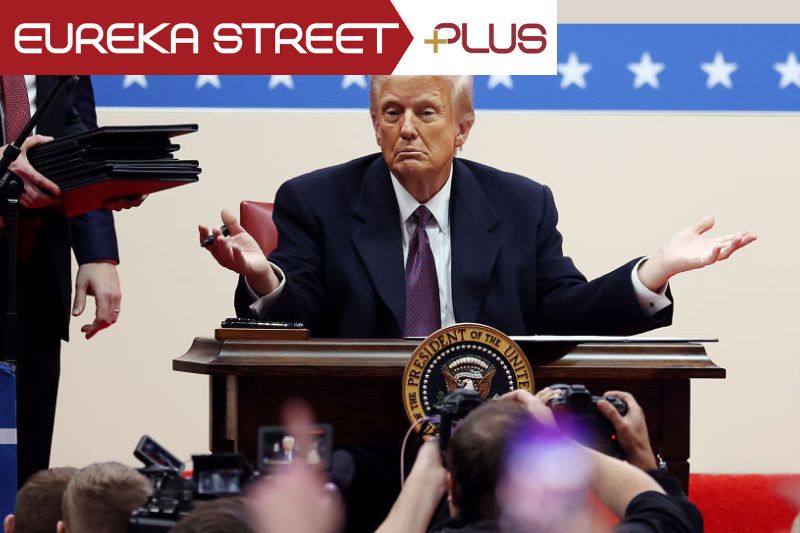
INTERNATIONAL
- Peter Craven
- 24 January 2025
In a second presidency begun with a spate of brash decrees — annexing Greenland, scrapping birthright citizenship — and forging odd alliances with billionaires, Donald Trump is already defying expectations. How did we reach this unsettling moment, and can America endure it?
READ MORE 
-

EDUCATION
- Peter Hosking
- 11 December 2024
In a world reshaped by smartphones and social media, Generations Z and Alpha grapple with rising anxiety, diminished attention spans, and the erosion of real-world connections. As governments and parents push for reforms, the challenge is clear: how can technology serve young people’s growth without exploiting their vulnerabilities for profit?
READ MORE
-
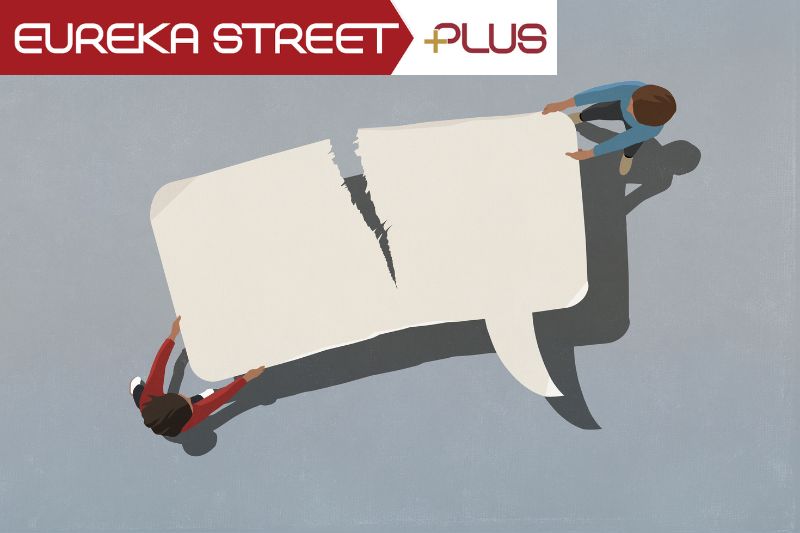
AUSTRALIA
- David Halliday
- 11 December 2024
The global media fracas around a government daring to impose restrictions on children using social media was dramatic, but not unexpected. Reactions were predictably divisive and steeped in the sort of performative outrage that social media tends to encourage.
READ MORE 
-

ENVIRONMENT
- David Ness
- 28 November 2024
2 Comments
As the climate crisis deepens, there's an urgent need for a global shift toward fairness, equity, and living well within our planet’s limits. Drawing from Pope Francis’s Laudato Si’, sufficiency thinking offers a critical, overlooked pathway to global equity and sustainability.
READ MORE
-
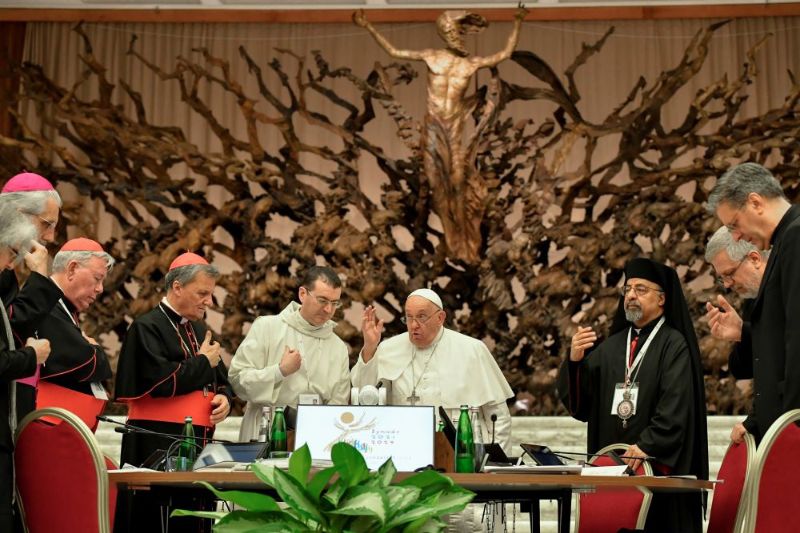
RELIGION
- Bill Uren
- 20 November 2024
7 Comments
Will the recommendations of the Synod on Synodality inspire lasting change or risk losing momentum? With bishops balancing tradition and reform, the coming year will determine whether this moment becomes one of true transformation.
READ MORE